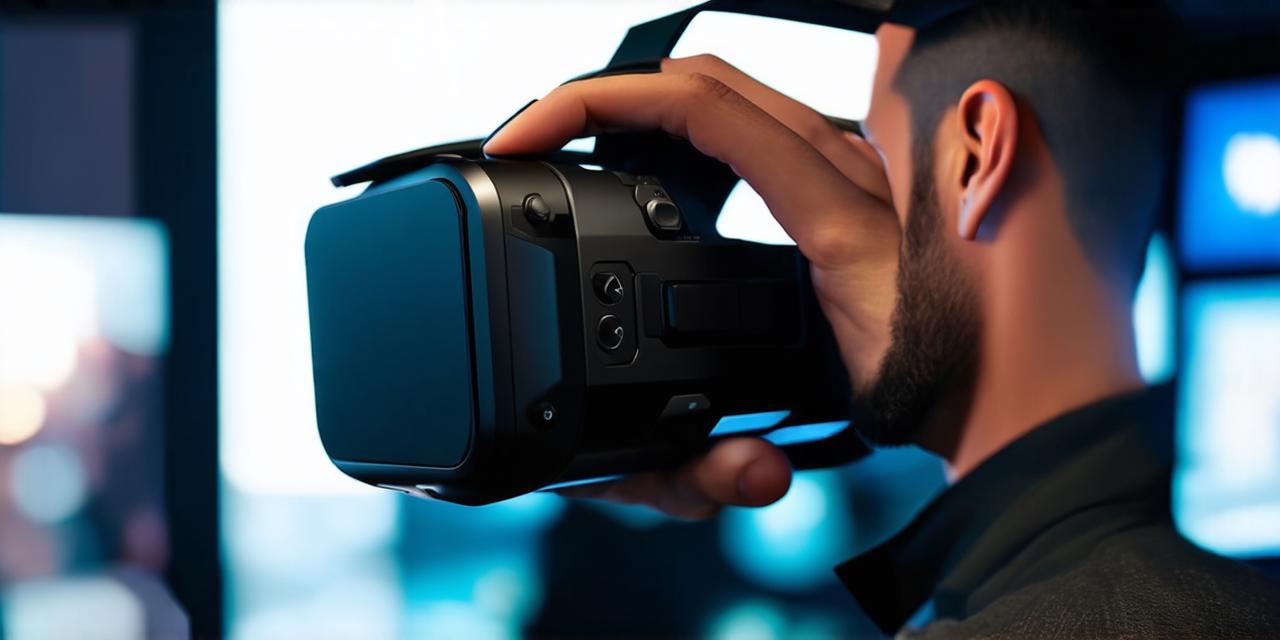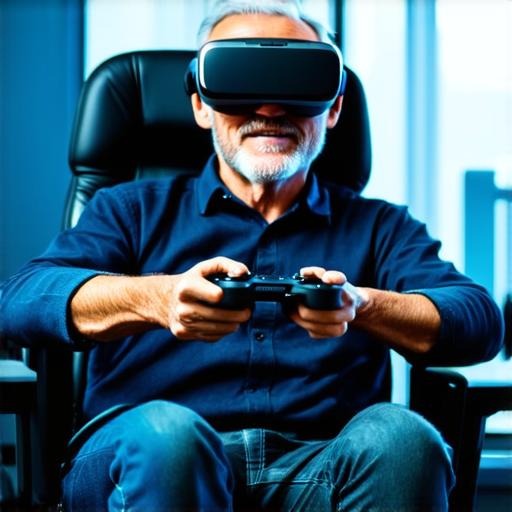
What are some everyday applications of virtual reality?
Virtual Reality (VR) is a technology that simulates a 3D environment and allows users to interact with it using specialized devices such as VR headsets and controllers. While often associated with gaming, VR has a wide range of applications in everyday life.
1. Training and Education:
One of the most promising applications of VR is in training and education. Medical professionals can use VR to simulate surgeries and other procedures, allowing them to practice their skills in a safe and controlled environment. Similarly, pilots can use VR simulations to practice flying and gain experience in different weather conditions and scenarios. Students can also use VR to learn about history, science, and art by virtually exploring different periods and cultures.
2. Workplace:
Virtual reality is being increasingly used in the workplace as a tool for collaboration, training, and simulation. Architects and engineers can use VR to visualize their designs and make changes in real-time, saving time and resources. Salespeople can use VR to showcase products and services to clients, allowing them to experience them firsthand. Employees can also use VR for team building activities and training simulations.
3. Tourism and Travel:
Virtual reality can bring travel experiences to life, allowing users to explore different parts of the world from the comfort of their own homes. This is particularly useful for individuals who are unable to travel due to health, financial or other reasons. VR can also provide a more immersive experience than traditional photography and video, allowing users to truly feel as though they are in a new location.
4. Entertainment:
Virtual reality has the potential to revolutionize the entertainment industry. Gamers can use VR to play immersive games that transport them into different worlds and provide a more engaging gaming experience. Movies and TV shows can be viewed in 360-degree environments, allowing viewers to look around and explore the world of the story. Virtual reality can also be used for live events such as concerts and sporting events, providing users with an unparalleled level of immersion.
5. Mental Health:

Virtual reality has been shown to be effective in treating mental health conditions such as anxiety and PTSD. By creating realistic simulations of triggering situations, therapists can help patients learn coping strategies and overcome their fears in a safe and controlled environment. Virtual reality can also be used for exposure therapy, where patients are gradually exposed to situations that they find difficult or distressing.
In conclusion, virtual reality is a versatile technology that has many everyday applications. From training and education to entertainment and mental health, VR has the potential to transform the way we live and work. As the technology continues to evolve, we can expect to see even more innovative uses of virtual reality in the future.


